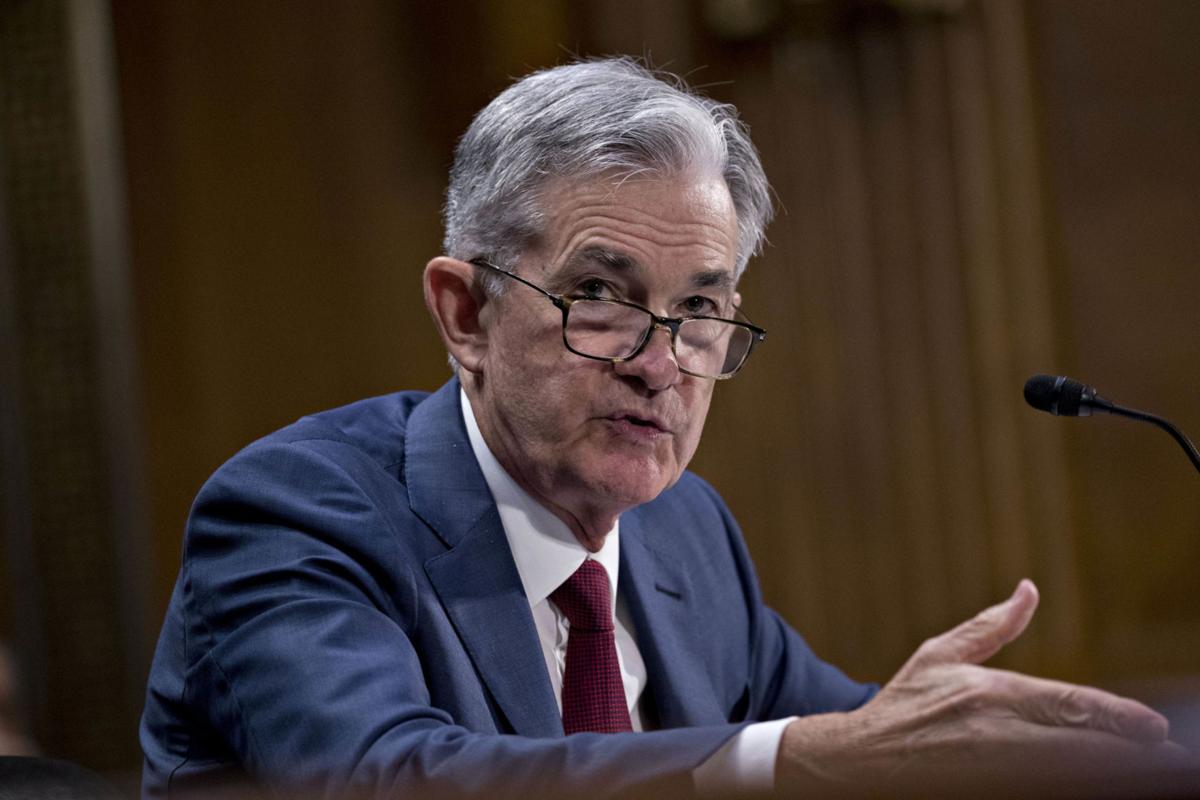Federal Reserve Chair Jerome Powell suggested on Wednesday that inflation, which has been surging as the recovery strengthens, “will likely remain elevated in coming months” before “moderating.”
At the same time, Powell signaled no imminent change in the Fed’s ultra-low-interest rate policies.
In testimony before the House Financial Services Committee, Powell reiterated his long-held view that high inflation readings over the past several months have been driven largely by temporary factors, notably supply shortages and rising consumer demand as pandemic-related business restrictions are lifted.
Once such factors normalize, Powell said, inflation should ease. Yet the Fed chair did not repeat in his testimony an assertion he made three weeks ago before another House panel, that inflation would “drop back” to the Fed’s target of 2%.
The Fed has said it will keep its benchmark short-term rate pegged near zero until it believes maximum employment has been reached and annual inflation moderately exceeds 2% for some time. The central bank’s policymakers have said they are prepared to accept inflation above its target to make up for years of inflation below 2%.
The Fed chair also said on Wednesday that the economy is “still a ways off” from making the “substantial further progress” that the policymakers want to see before they will begin reducing their $120 billion in monthly bond purchases. Those purchases are intended to keep long-term borrowing rates low to encourage borrowing and spending.
Powell added that the Fed might adjust its policies if inflation, or the public’s expectations for inflation, “were moving materially and persistently beyond levels consistent with our goal.” Americans’ expectations for inflation are important because they can become self-fulfilling. If consumers foresee higher prices, they typically demand higher pay in response. Businesses may then further raise prices to compensate for the increased wages.
The chairman is testifying to the House committee as part of his twice-a-year monetary policy report to Congress. On Thursday, he will testify to the Senate Banking Committee.
Powell’s remarks coincided with a government report on Wednesday that showed wholesale prices — which businesses pay — jumped 7.3% in June from a year earlier, the fastest 12-month gain on records dating to 2010.
On Tuesday, in another sign of intensified inflation pressures, the government said that prices paid by U.S. consumers surged in June by the most in 13 years. It was the third straight month inflation has jumped. Excluding volatile food and energy costs, so-called core inflation rose 4.5% in June, the fastest pace since November 1991.











